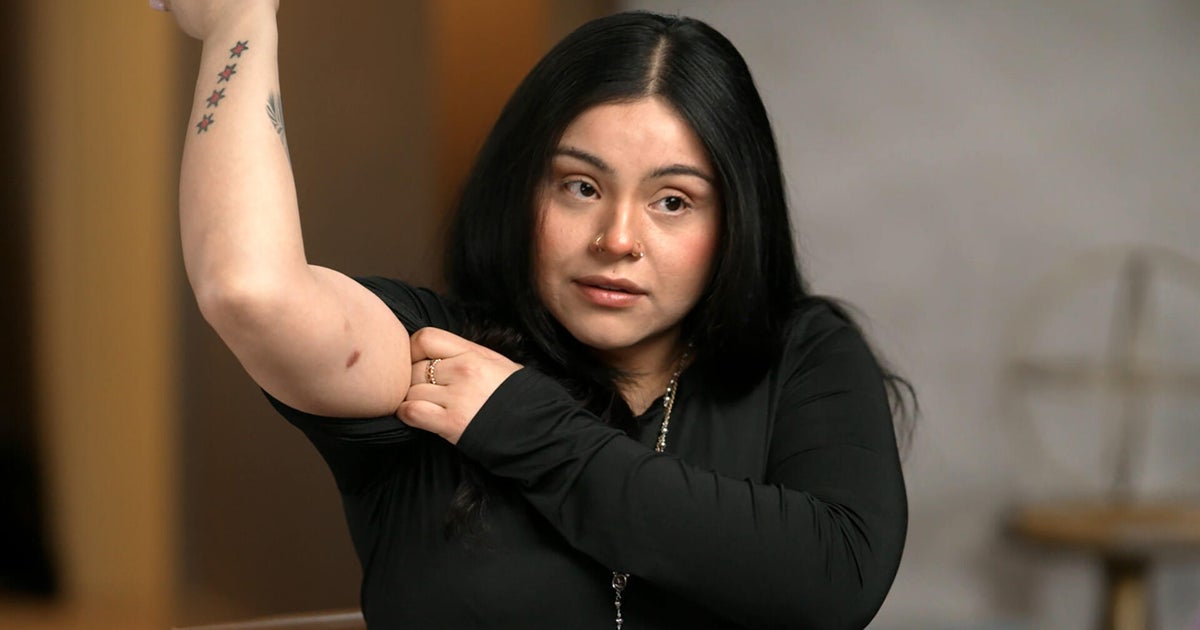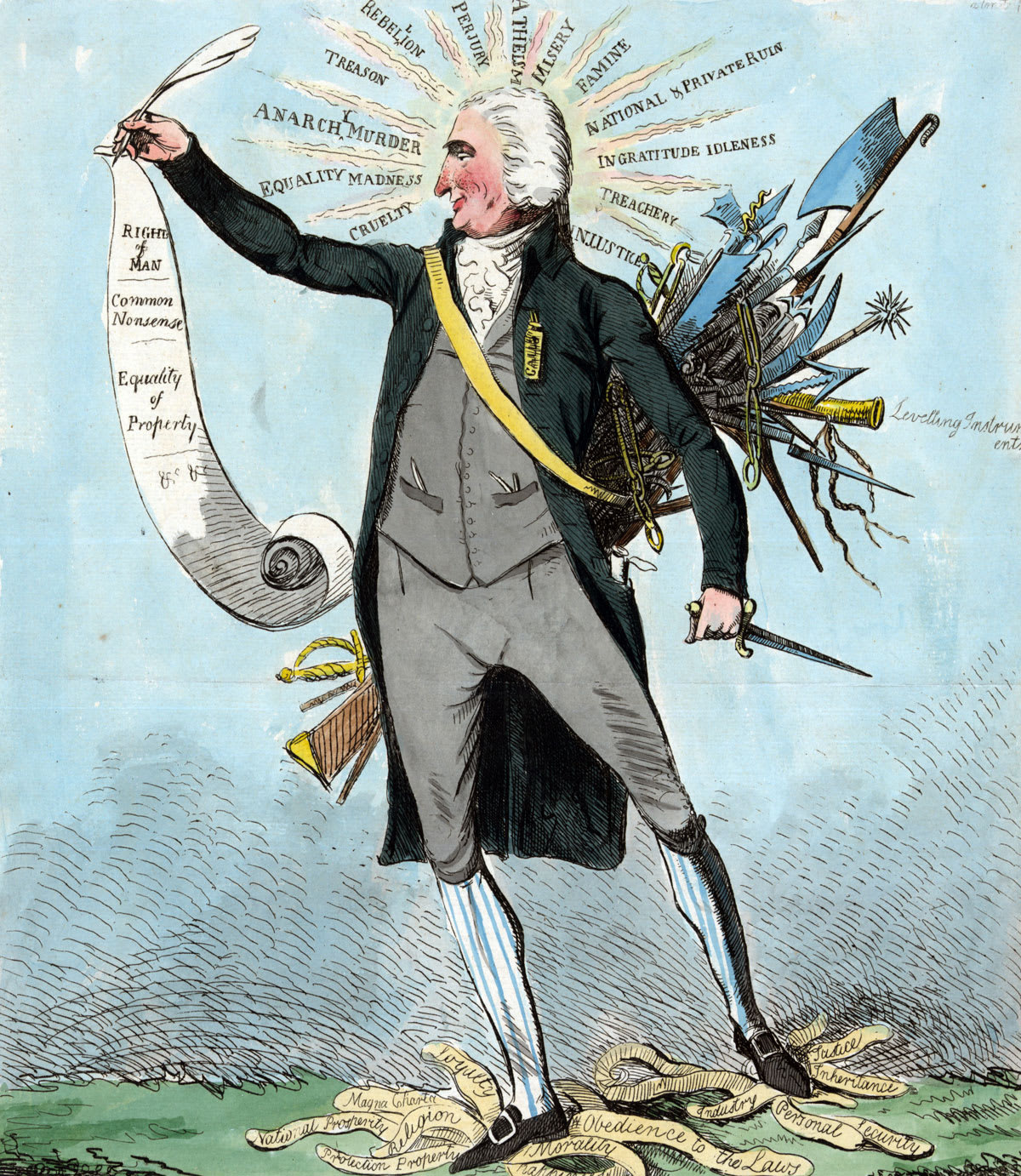60 Minutes sits down with historian and author Yuval Noah Harari
History professor Yuval Noah Harari led a life of relative obscurity teaching at Hebrew University of Jerusalem until 2014, when he compiled his lectures and published a book, "Sapiens," about the history of humankind. The book was originally published with the expectation that a couple of "history geeks" would find it interesting. Little did Harari know, "Sapiens" would go on to be translated into 65 languages and land on the New York Times bestseller list for 96 consecutive weeks, taking the world by storm and vaulting Harari among the world's most influential public intellectuals.
This Sunday, 60 Minutes correspondent Anderson Cooper sat down with Harari to discuss his work, his life, and his now three best-selling books that brief readers on the history of mankind while proposing where the species could be headed in the future.
Harari's original work and study focused on "world history, medieval history, and military history" at the Hebrew University of Jerusalem. He would go on to receive his Ph.D. from the University of Oxford and pursue postdoctoral studies in history, before returning to Jerusalem to teach. His book Sapiens was based on 20 of his undergraduate world history lecture notes.
Part of the premise of Harari's book "Sapiens" is that "[humans] are one of the last generations of Homo sapiens." Harari says, "Within a century or two, Earth will be dominated by entities that are more different from us than we are different from chimpanzees."
In his interview with 60 Minutes, Harari explained he believes that because of rapidly developing technologies like genetic engineering and artificial intelligence, we will "soon have the ability to re-engineer our bodies and brains," creating a new species of human. Harari told us this wouldn't be the first-time different human species would be living alongside one another.
At his home in Israel outside of Tel Aviv, Yuval Noah Harari talked with Anderson Cooper about his daily meditation practice.
Mediation, Harari said, became his means of reconnecting with himself. Before the pandemic, he attended 60-day long meditation retreats every year. "It's in complete silence, not just not talking with people. It's also not reading, not writing, no phone, no computer, or anything like that... nothing," Harari explained to 60 Minutes.
Yuval Noah Harari is well known for raising warnings about technology, but he admits it's been hugely beneficial to his personal life.
Harari met his husband Itzik Yahav, on Israel's first dating app for gay people, called 'Check Me Out,' in 2001.
In addition to teaching and writing, Harari and his husband co-founded a company called "Sapienship" in 2019. They are developing entertainment and educational products with the goal of focusing the global conversation on what Harari says are the most important challenges facing humankind today. The couple said they hope to stimulate and encourage critical thinking and advocate for global responsibility.
The videos above were edited by Stephanie Palewski Brumbach.





